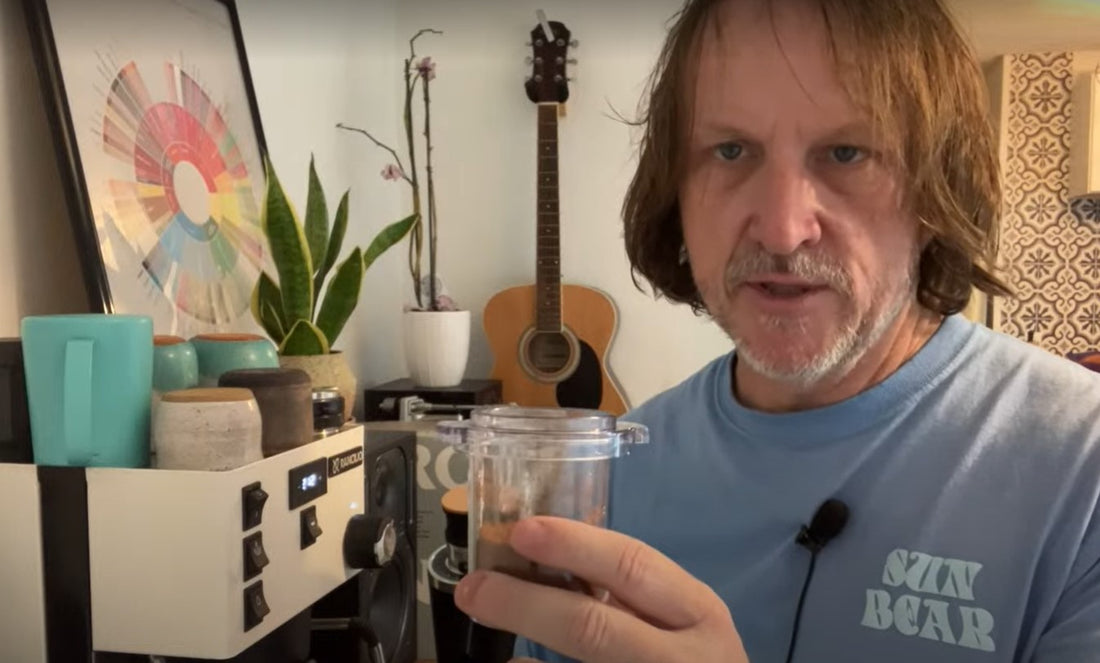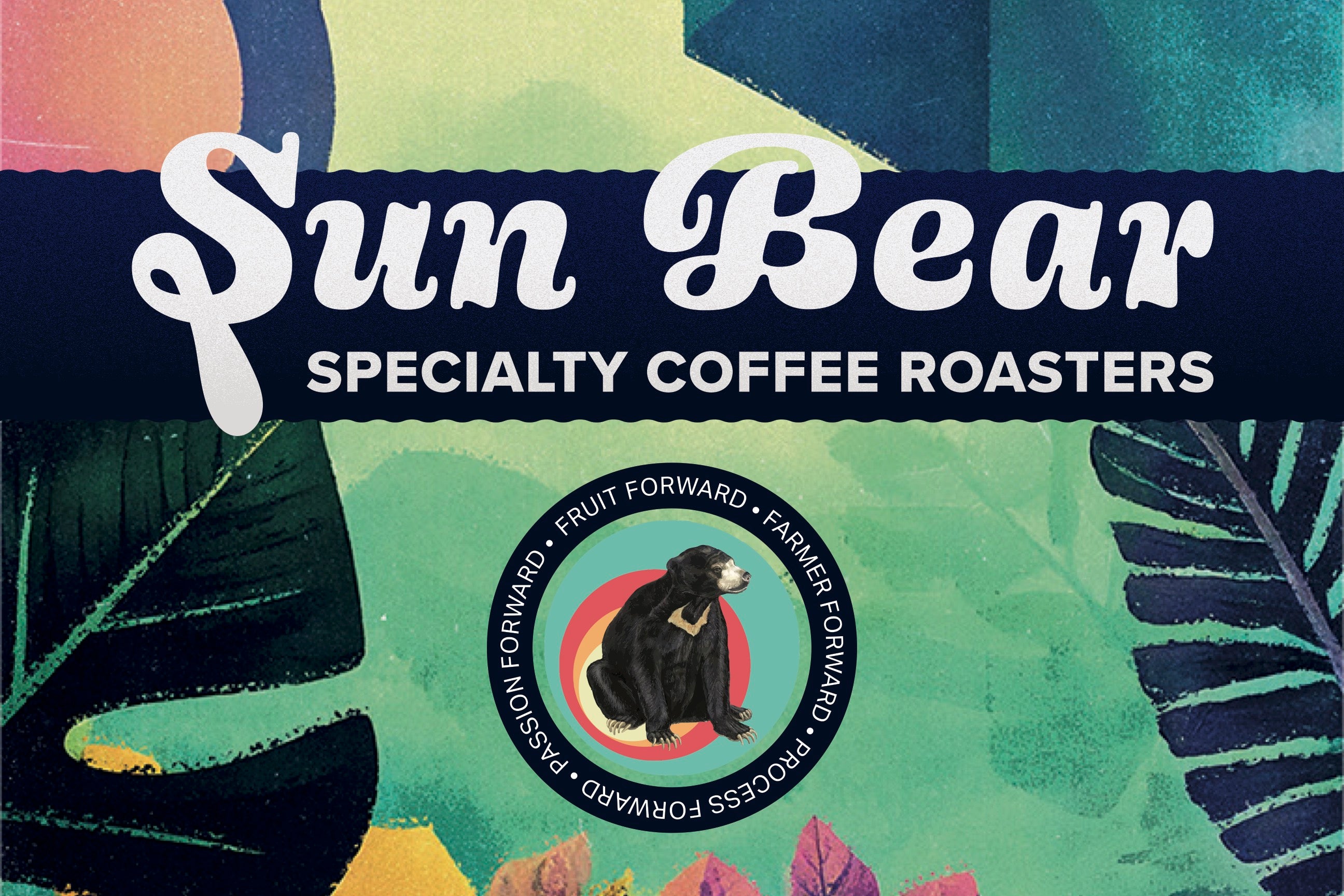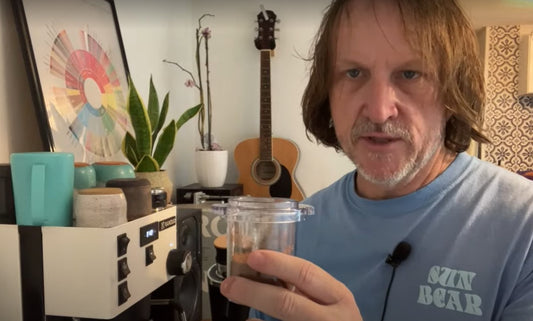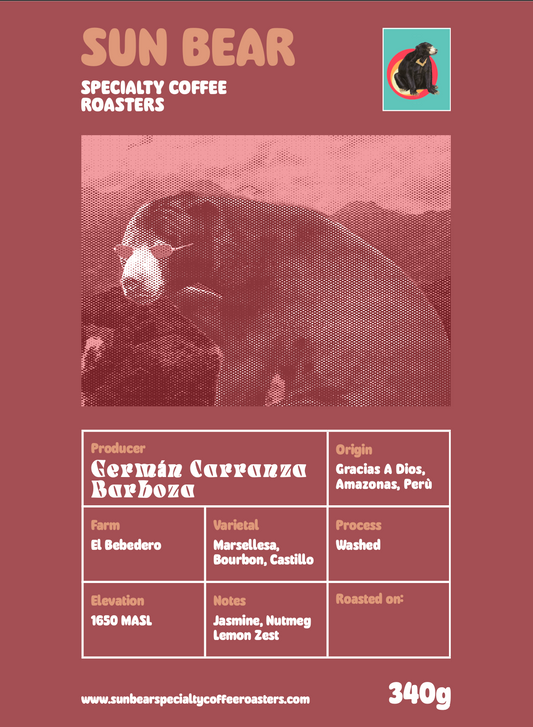Don't believe everything you hear! I would say in a normal coffee event now I am answering the question of mold and mycotoxins more frequently. Mycotoxins are toxins caused by mold. This is by and large about cheap coffees stored poorly and was more a part of the old-school coffee mindset wherein coffee traveled in jute bags and was stored in containers for long periods. Coffee has moisture as a part of its structure and that is an important part of it.
First, I would like to promote and thank the entire Third Wave Movement though there is no one place to point all that praise to. Due to the wonders of Third Wave Coffee, we now have magnificent means such as Grainpro bags to store and have arrived safely from the origin countries. These methods give us hermetic storage (airtight and sealed) for the coffee as it travels and also as it is stored safely in our environments before roasting.
Secondly, you need to recognize that this is just a marketing ploy from companies using something uncommon to stake their claim on and convince you that other coffees are somehow vulnerable to this. It's virtue signaling when most coffee companies already adhere to the standards they claim. Don't believe everything you hear!
So with that being said hold your coffee suppliers accountable for using specialty coffee (Actually) don't settle for commodity coffee. Most specialty coffee has gone through such extreme measures before we roast them up from the farms to the processing of the beans and how they are stored.
"Specialty-grade coffee is unlikely to have mold because the Specialty Coffee Association of America (SCAA) and licensed Q-graders inspect and taste the coffee and won't grade it as a specialty if it has mold. Mold can affect the quality and taste of the beans, and Q-graders must score green coffee over 80 out of 100 to be considered specialty-grade, with zero severe defects."
In short, raise the bar and you have nothing to worry about.




